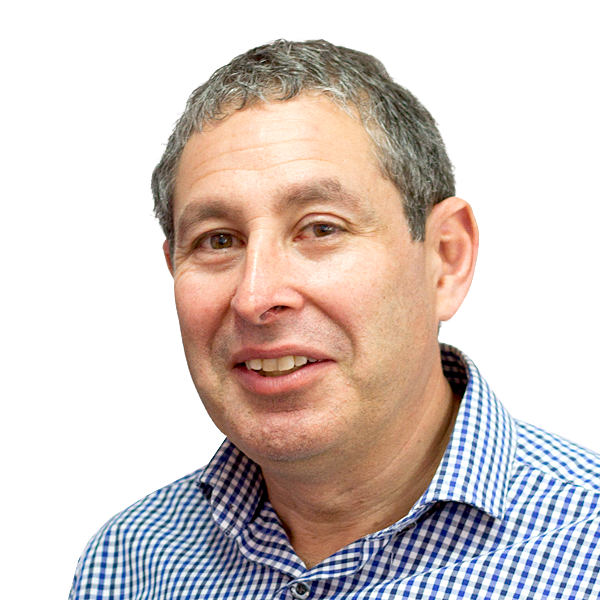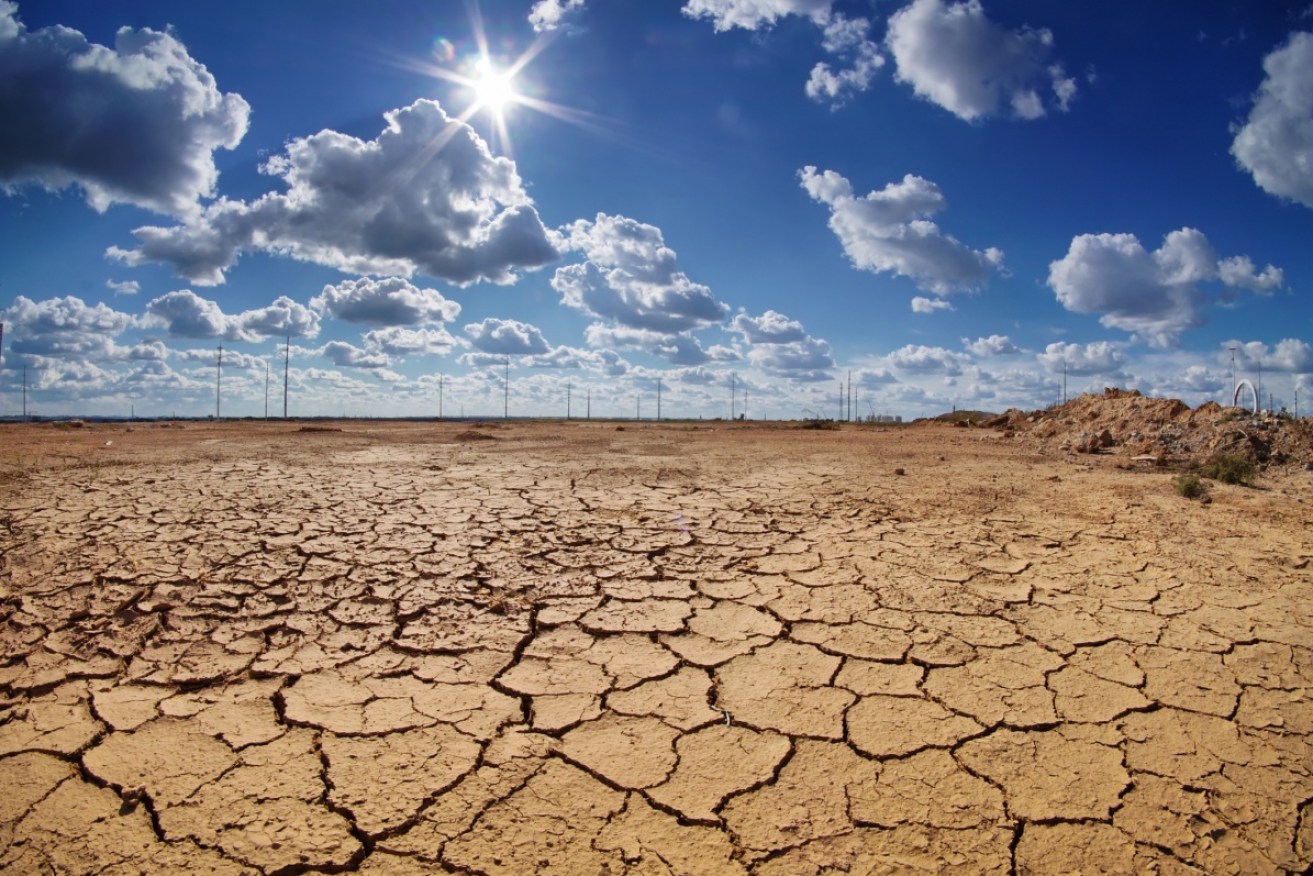Super funds get top marks on climate index


Getty
Three Australian superannuation funds are among just 12 institutional investors in the world to receive the top rating for climate change risk management from the Asset Owners Disclosure Project’s (AODP) 2016 benchmark index, The Global Climate 500 Index, released today.
Local Government Super and Australian Super maintained AAA ratings. First State Super went from AA to AAA.
Australian funds also take up six positions in the global top 31.
• Super funds lead the way on ethical investing
• Super returns down, but industry funds on top
• Infrastructure investors hit a deals roadblock
“It is very encouraging to see that Australia has not only increased its AAA showing in The Global Climate 500 Index this year, but now has six super funds rated A or higher,” said chief executive of The Climate Institute, John Connor.
“This year’s index sees a fifth of the world’s 500 biggest asset owners taking tangible action to mitigate climate change risk – clearly signaling that these leaders see managing climate risk as a core function in protecting their financial returns.”
However, despite the increase in asset owners taking some kind of action on climate risk, a significant number remain in denial, with almost half taking little or no action at all.
“Globally, it is clear that climate change is now moving up the investment agenda as the world’s biggest pension funds, insurers and endowments recognise they need to take action to protect the savings and financial security of millions of people,” said Chair of the AODP, Dr John Hewson.
“Yet, there are still too many ignoring warnings that investors need to be stepping up action and disclosure on physical, transitional and liability climate risks – which is endangering retirement nest eggs, shareholder value and potentially even the stability of our financial system. Worldwide, 246 of the 500 appear to be ignoring climate risk completely.”
This is the fourth AODP Global Index since The Climate Institute pioneered an Australian survey in 2008. Now run by an international NGO, it rates the world’s 500 biggest asset owners – pension funds, insurers, sovereign wealth funds, foundations and endowments with a total of $US37 trillion assets under management (AUM) – on their efforts at managing climate risk within their portfolios. Based on direct disclosures and publicly available information, they are graded from AAA to D, while those taking no action are rated X.

John Hewson says climate change is clearly moving up the agenda of the biggest pension funds. Photo:AAP
In the Country Index, Australia ranked third in the top 10, with Sweden taking top place ahead of Norway, and, France, Denmark, the Netherlands, the UK, Brazil, the US and China completing the list.
Of the 33 Australian institutions in the list of 500, 11 are ranked D or lower, including two at X, down from 17 last year. This correlates with international figures where the D group, taking least action, has shrunk from 191 to 157 with $US14 trillion AUM, while the number of X laggards has grown from 232 in 2015 to 246, with $US14 trillion AUM. Encouragingly, the biggest increase has been in asset owners still developing their climate risk strategy, with a 52 per cent rise in those rated C to CCC from 27 to 41, with $US3.4 trillion AUM. In Australia, this group rose from one to five.
In an ongoing struggle for first place between two funds, 2016 saw Australia’s Local Government Super surrender the rank to the UK’s Environment Agency Pension Fund after the reverse happened last year.
“2015 was a significant turning point which saw the Paris Climate Agreement reflect significant movements in international policy and clean energy investment. Financial authorities, such as the G20 Financial Stability Board, also began to take climate risk seriously,” said John Connor. “The Index shows leading Australian and global investors taking significant steps that reluctant companies and countries ignore at their peril.”
The New Daily is owned by a group of industry super funds.








